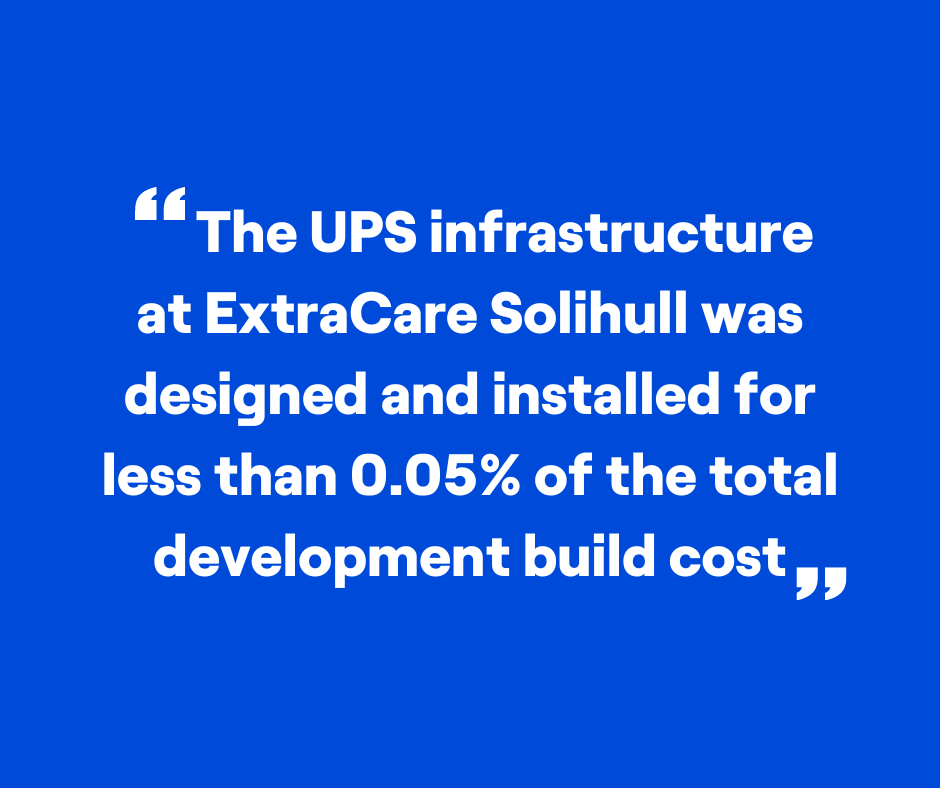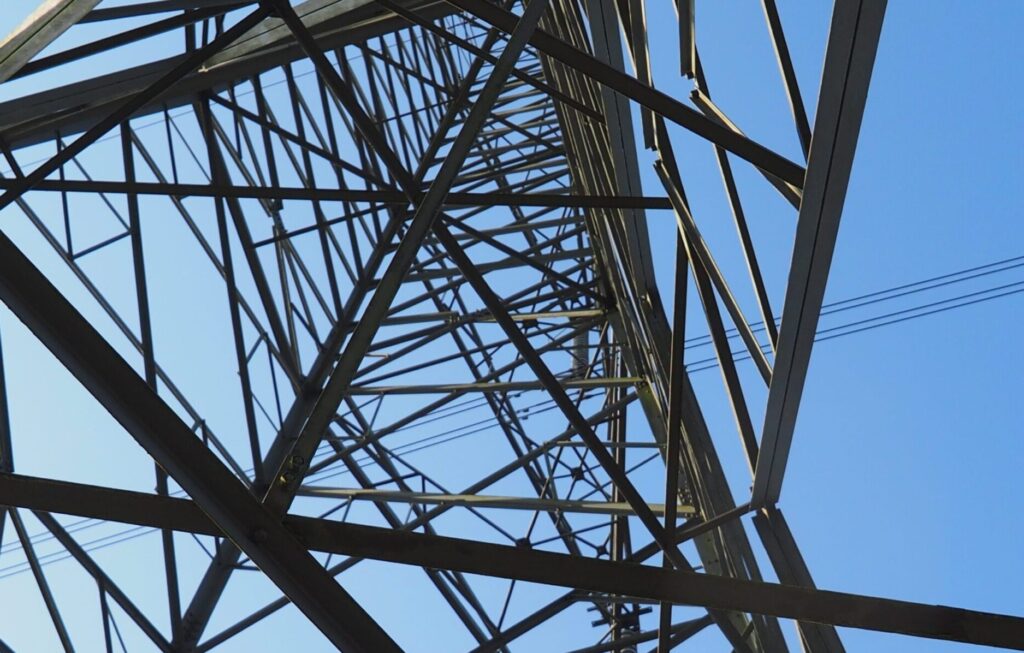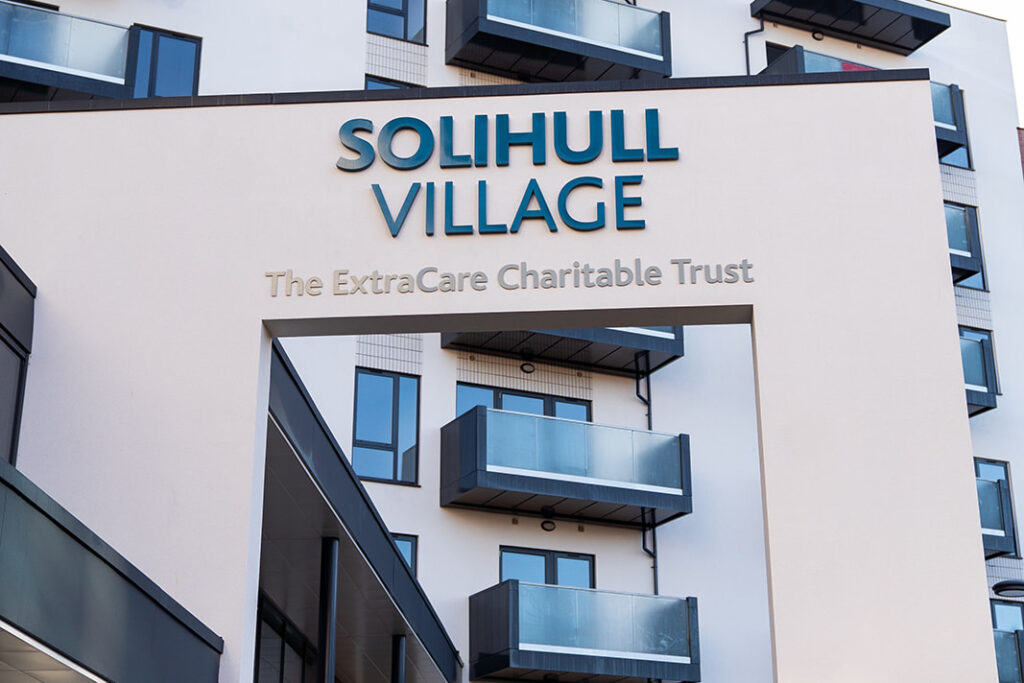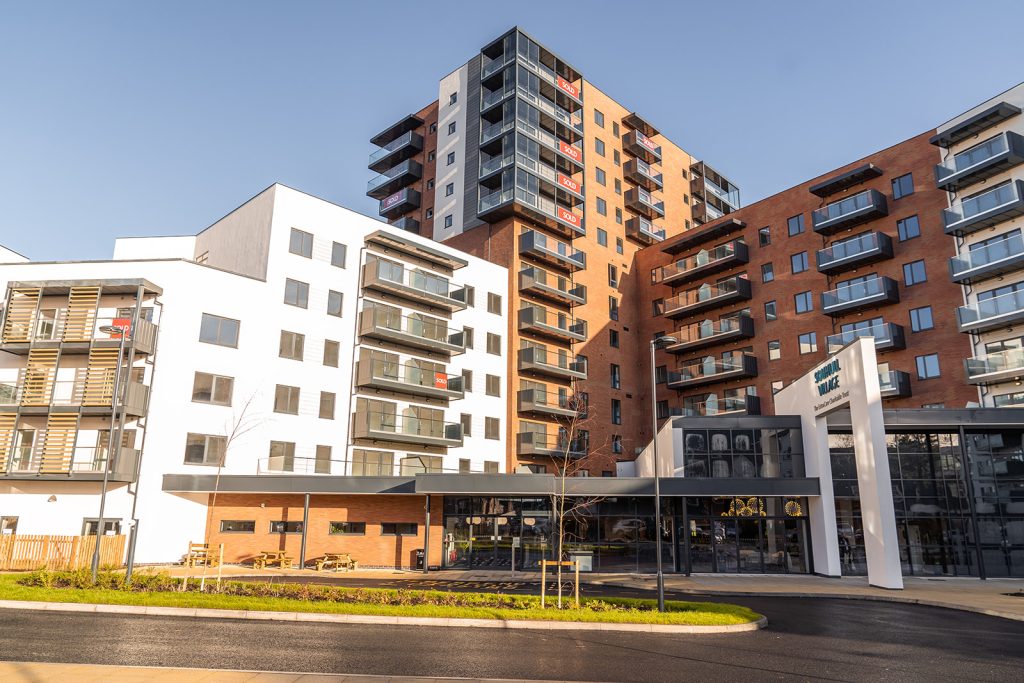Life safety and security without a flicker: Ready-to-roll contingency to protect retirement village residents during power outages
ExtraCare & TIS: A trusted partnership protecting an entire community from critical power loss. When a planned but short-notice power outage affected one of ExtraCare’s integrated retirement villages, there was a need to protect essential systems and minimise disruption for residents. As a long-term technology partner, TIS worked quickly and collaboratively to implement a full-site backup solution that maintained life safety systems, supported daily routines, and ensured business continuity throughout the outage.














